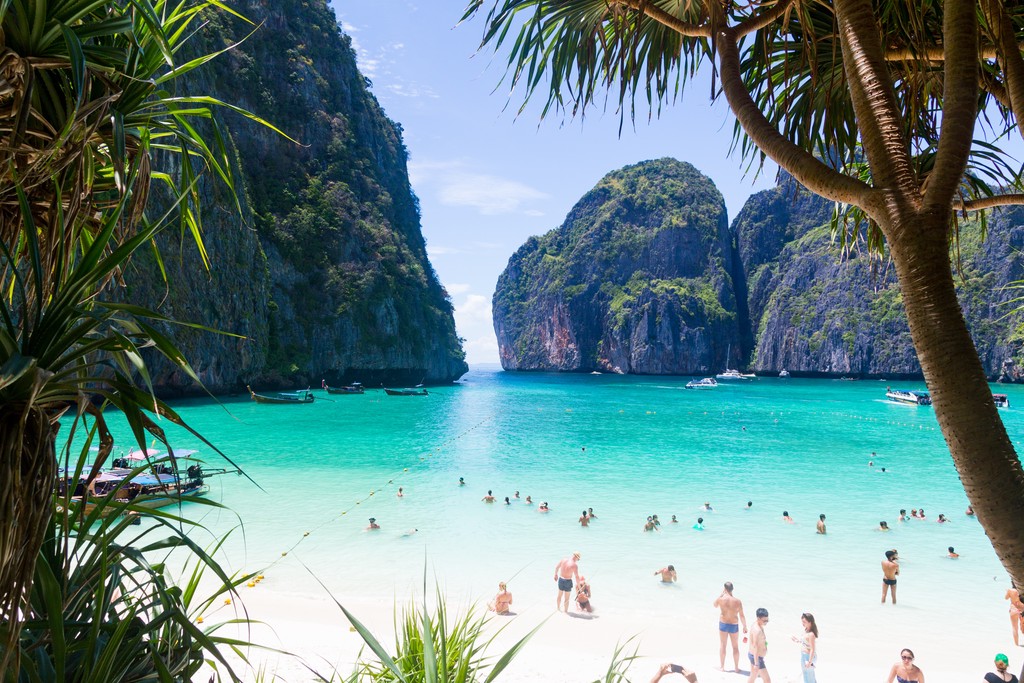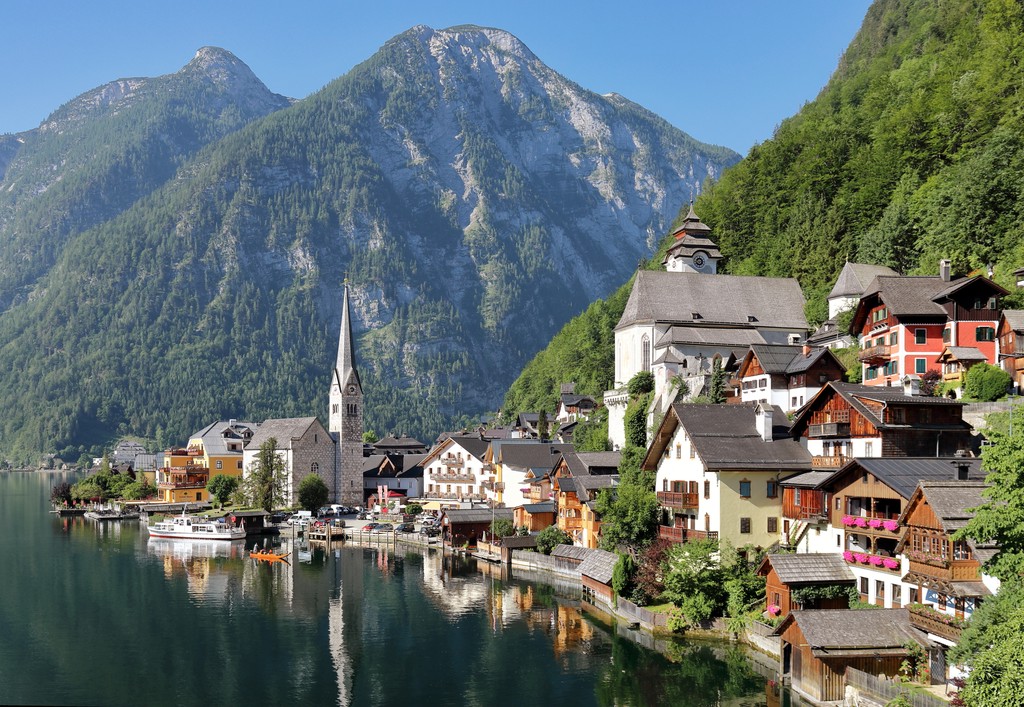Travel Obsession
Table of Contents
At some point in recent history, travel transformed from a luxury into a cultural expectation. The rise of social media has dramatically changed how and why we travel. A 2019 study found that 40% of millennials choose travel destinations based on “Instagrammability” rather than cost or cultural experience1. While technology has proliferated travel information and made the world more accessible, it has also shifted our motivations in subtle ways.
Paradise Lost: The Double-Edged Sword of Tourism #
Travel offers incredible benefits: exposure to new cultures, expanded worldviews, and meaningful connections across borders. Yet there’s an interesting paradox in modern travel culture where the performance of the experience sometimes overshadows the experience itself. Venice, for example, receives over 30 million tourists annually despite having just 50,000 residents2—transforming a once-thriving city into what some locals describe as a “living museum.”

Maya Bay, Thailand3
The backlash against overtourism has taken dramatic forms elsewhere. Maya Bay in Thailand—made famous by Leonardo DiCaprio’s film “The Beach”—was completely closed to tourists for over three years (2018-2022) after receiving up to 5,000 visitors daily on its small 250-meter stretch of sand. The closure allowed coral reefs to recover and marine life to return, with Thailand’s National Parks Department implementing strict visitor caps upon reopening4.
In Lisbon, residents have begun actively fighting back against the tourism industry that has transformed their city. The influx of short-term rentals has caused housing prices to skyrocket by over 65% since 20125, pushing locals out of neighborhoods they’ve inhabited for generations. In 2023, protesters took to the streets with signs reading “Tourists go home, locals can’t afford homes,” while community groups successfully lobbied for restrictions on new Airbnb licenses in historic districts. Similar movements have emerged in Mallorca, Amsterdam, and Barcelona, where residents increasingly view mass tourism as a threat to their cultural identity and economic stability rather than a boon.

Hallstatt, Austria6
Meanwhile, in the Alpine village of Hallstatt, Austria (population 800), which reportedly receives over a million tourists annually after allegedly inspiring Disney’s Frozen, officials erected physical barriers to block photography viewpoints and installed fences to prevent tourists from photographing residents’ homes and entering private property7. These increasingly common reactions reflect how overwhelmed communities are taking matters into their own hands when tourism threatens their environments and way of life.
The environmental impact of travel deserves consideration too. A single round-trip flight from New York to London generates roughly 986 kg of CO2 per passenger8—more than the average person in many developing countries produces in an entire year. This isn’t to suggest we should never fly, but rather to encourage mindfulness about when and how we travel.
Experience vs. Exhibition #
I’m reminded of an old Reddit post where someone asked, “How do you know when you’ve become a man?” The top answer was simply: “Climb a mountain. Tell no one.” That response resonates because it speaks to experiencing things for their inherent value rather than external validation—a philosophy that can transform how we approach travel, and life for that matter.
The “Instagram vs. reality” phenomenon at popular destinations reveals another dimension of travel culture. Places like Bali’s Gates of Heaven, where tourists queue for hours to take photos with mirrors creating the illusion of reflection pools, demonstrate how our desire for the perfect shot can replace authentic experience. Meanwhile, destinations like Barcelona and Kyoto have implemented tourism restrictions to protect local quality of life9.
Finding Wonder in the Everyday #
These days, I’ve found unexpected joy in exploring my immediate surroundings—discovering hidden parks, quiet coffee shops, and neighborhood stories that tourists rarely see. There’s a certain richness in developing deep knowledge of one place rather than shallow familiarity with many. The Japanese concept of mono no aware—the pathos of things—teaches appreciation for the beauty in impermanence and can be practiced anywhere.
Perhaps the most meaningful travel isn’t measured by distance covered or landmarks photographed, but by the quality of attention we bring to our experiences. Whether across the world or across the street, being fully present might be the most rewarding journey of all.
Schofields Insurance. “Holiday Booking Trends 2019.” https://www.schofields.ltd.uk/blog/5123/holiday-booking-trends/ ↩︎
UNESCO. “Venice and its Lagoon.” Accessed October 26, 2024. https://whc.unesco.org/en/list/394/ ↩︎
By User:Mikecleggphoto from <www.travelanddestinations.com> - Own work, CC BY-SA 4.0, link ↩︎
Khaosod English. “Maya Bay Reopens, Strict Measures in Place for Sustainable Tourism.” September 30, 2024. https://www.khaosodenglish.com/tourism/2024/09/30/maya-bay-reopens-strict-measures-in-place-for-sustainable-tourism/ ↩︎
Global Property Guide. “Portugal’s house prices continue to rise strongly.” September 12, 2024. https://www.globalpropertyguide.com/europe/portugal/price-history ↩︎
Hallstatt Tourism Board. “Sustainable Tourism Initiatives.” 2023. https://www.hallstatt.net/about/sustainable-tourism/ ↩︎
International Council on Clean Transportation. “CO2 emissions from commercial aviation, 2018.” September 19, 2019. https://theicct.org/publication/co2-emissions-from-commercial-aviation-2018/ ↩︎
Ajuntament de Barcelona. “Barcelona tourism for 2020: Strategic plan.” Accessed October 26, 2024. https://ajuntament.barcelona.cat/turisme/sites/default/files/barcelona_tourism_for_2020.pdf ↩︎